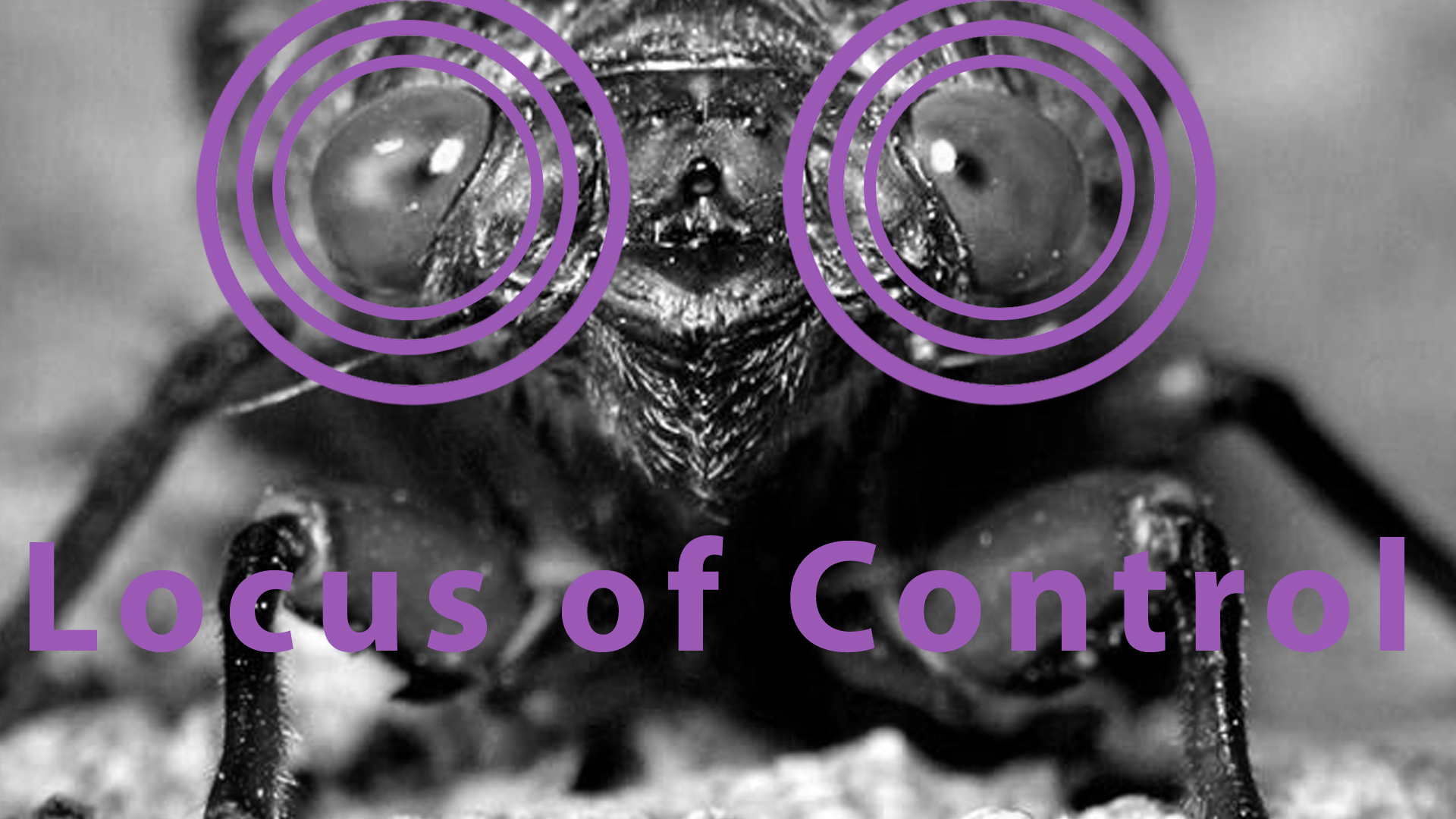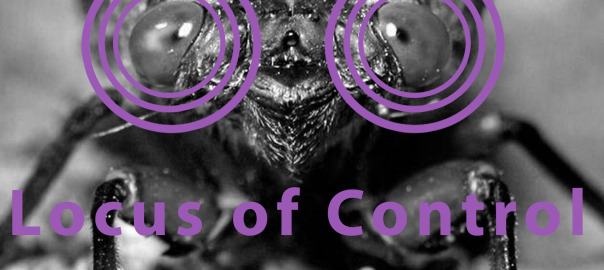Rotter, J. (1966) ‘Generalized expectancies for internal versus external control of reinforcement’, Psychological Monographs 80 (1), 1–28);
Background
This is the second study we will be looking at from the ‘Theories of Health Belief’ section of ‘Healthy Living’, as part of your OCR A2 Health and Clinical Psychology course. It is further categorised into ‘Locus of Control‘
This is the third time in this course that we have encountered Rotter’s locus of control, but the other times Rotter was only the background to the study. The first time was in the Gudjonsson and Bownes (2002) attribution of blame study and the second time was recently in the Nemeth and Wachlter (1974) study of minority influence.
According to Rotter, our locus of control can affect a person in their decision to adopt a health behaviour.
The locus of control of an individual can either be internal or external:
- Internal – Those with an internal locus of control are more likely to to adopt health behaviours because they believe that they are in control of their lives.
- External – Those with an external locus of control are more likely not adopt health behaviours because they believe that external forces are in control of their lives.
Video on Locus of Control:
Aim
To investigate the internal and the external locus of control.
Method and Design
A review article.
Sample
Six pieces of research into individual perceptions of ability to control outcomes based on reinforcement.
Findings
Participants who were given control over situations were more likely to show behaviours that would enable would enable them to cope with potential threats, when compared with those participants who thought that chance or other non-controllable forces determined the effects of their behaviour.
Conclusion
Rotter concluded that an individuals locus of control would affect many behaviours.
Rotter (1966) Evaluation
– Reductionism – the study is highly reductionist and fails to consider wider factors such as mood or the impact of others.
Determinism – the study argues that our actions are determined by our locus of control.
+ Usefulness – the study could be useful when combined with cognitive behavioural therapy in order to change an individuals locus of control.
– Methodology – as the study used secondary sources we cannot be sure than issues within those studies did not translate to the final Rotter study.
Audio Podcast
References
Further Reading
OCR A2 Psychology Student Unit Guide New Edition: Unit G543 Health and Clinical Psychology (Student Unit Guides)
Psych Yogi’s Top Ten Psychology Revision Tips for the A* Student

